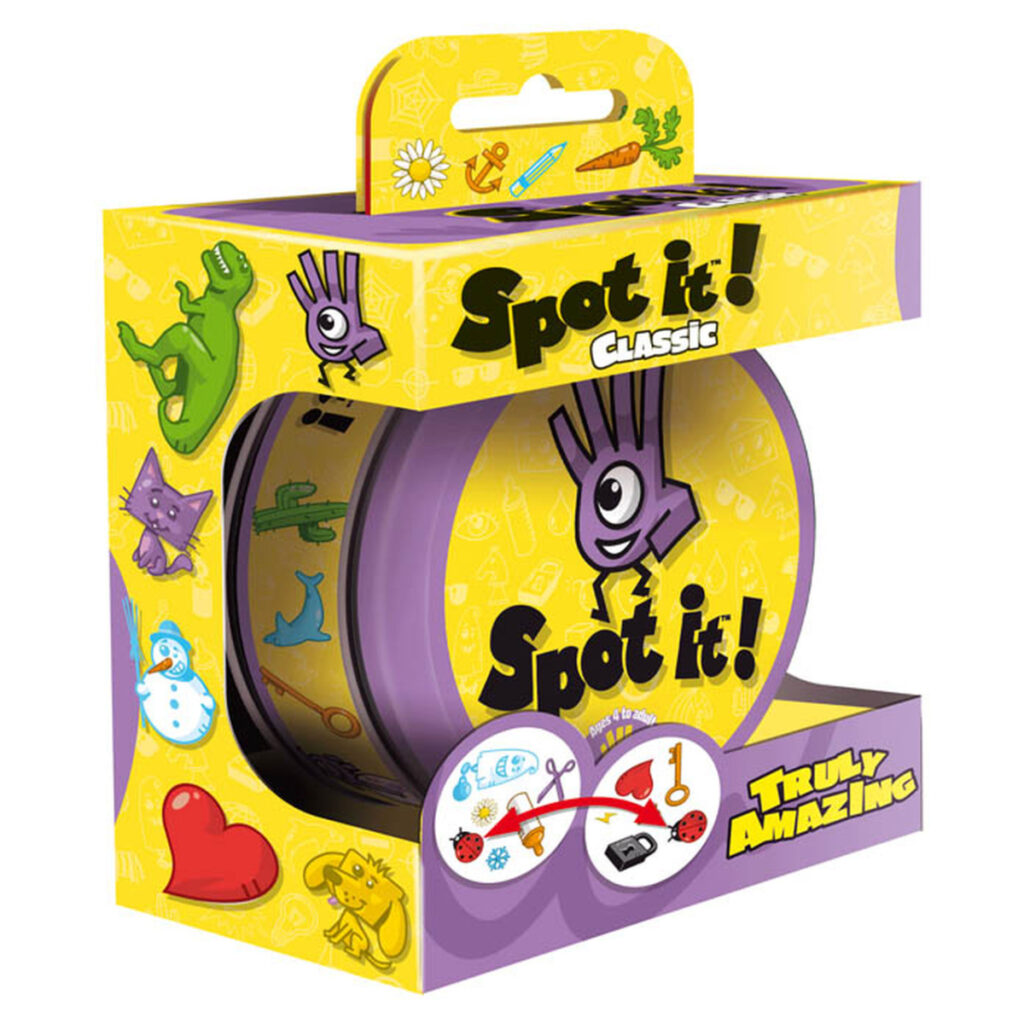The South African Schools Collection PR
Board Games Popularity Attributed To Several Factors
In 2021, it was valued at USD 13.75 billion. If the predicted growth continues, the industry will more than double in value within the next six years.
This comes as no surprise to South African toys and games distributor Solarpop, a company that has witnessed the upwards trend of board games’ popularity. Solarpop spokesperson Philip Galliford explains that the appetite for tabletop games can be attributed to several factors, from the global pandemic to crowdsourcing platforms.
“We have seen an uptrend in spending with regards to board games within the South African market that is similar to what is happening in markets globally. Prior to the lockdowns of 2020, the category was growing consistently, but the pandemic was a large determining factor in the huge upswing in interest. It makes sense because people had to remain indoors, and they found entertainment, stimulation, and engagement through the playing of board games. The lockdowns saw new players adopting tabletop gaming and consumers purchasing more games for variety,” he explains.
Another factor that nudged the popularity of the pastime is wider choice. There are more games to choose from, which translates to bigger shelf space, meaning that they are not hidden in a dark corner of a toyshop. There is greater diversity in gameplay from fast-thinking slapstick games such as Exploding Kittens to those that are very interactive, such as Pencil Nose, and games that hinge upon the element of suspense like Codenames.
Galliford attributes the growth to another worldwide trend – the use of crowdfunding platforms such as Kickstarter. These platforms make it easier for companies and individuals to produce new board games more frequently.
Gaming has evolved from being a simple pastime to large-scale competitions. “Games such as Pokemon, Magic the Gathering, and Dungeons & Dragons have an enormous following with players taking part in national tournaments where the winners then go overseas to play at international tournaments. Well-known players have thousands of online followers and fans. What was once considered a very niche pastime, has gathered a mainstream audience,” says Galliford.
There is also a crossover between online and offline gaming, where individuals who enjoy online gaming will also appreciate face-to-face gaming. “People who play online tend to enjoy tabletop gaming too because the satisfaction is similar. You get absorbed into another world, your brain is required to think differently, and there’s excitement, engagement, and socialising,” explains Galliford.
Many tabletop games have expanded to online and worldwide favourites, such as Ticket to Ride and Carcassonne which have phone apps. Whilst there is no replacement for the feel of actual cards, dice, and a board, the apps offer the opportunity to still enjoy the games. Galliford explains that game apps haven’t significantly detracted from the sales of products, which shows that people enjoy both experiences.
But the most obvious factor, perhaps, is this one; people want to have fun and board games are designed to entertain. “A lot goes into the creation of a tabletop game. It needs to challenge and keep the interest of the players. The games that continue to appeal are the ones that offer a layered playing experience—they are absorbing, loads of fun, create an exciting distraction, and allow for variation. The next few years are going to be interesting,” concludes Galliford.





